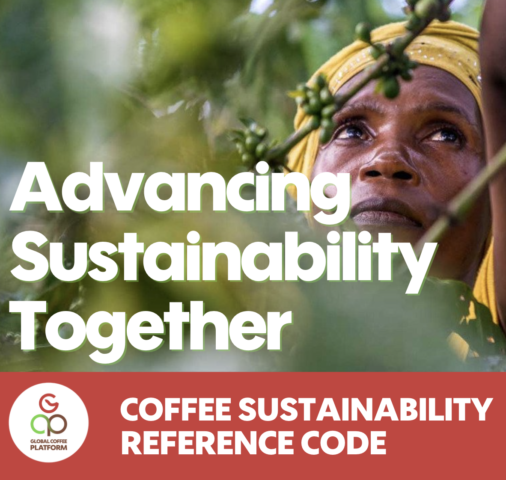Total revenue from coffee sales minus total costs for coffee production (Reported in USD/ha of coffee productive area.)
The Coffee Data Standard
A common language to measure impact!
Members of the Global Coffee Platform span the entire coffee supply chain. The data they generate and the systems they use also vary considerably. This is why GCP has developed a tool to streamline this data in order to better monitor individual and collective performance towards the Sustainable Development Goals.





